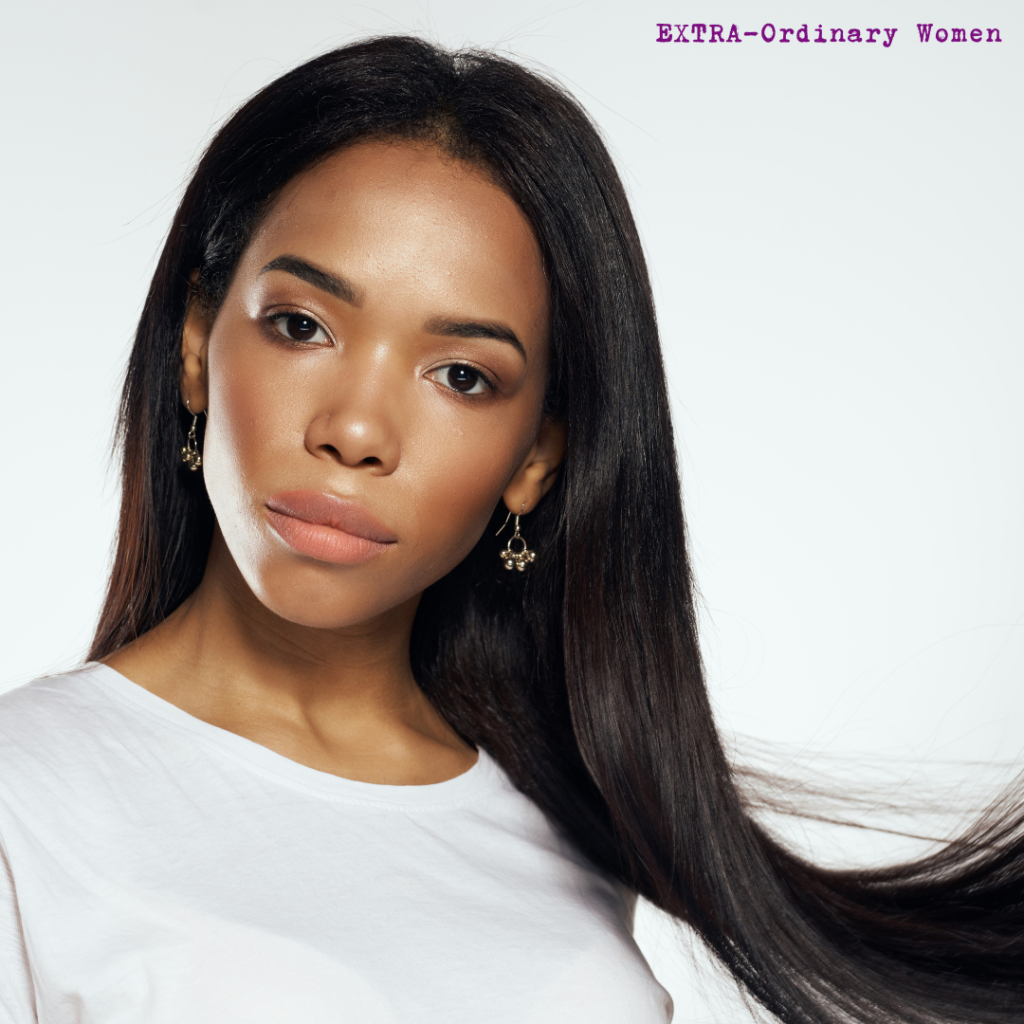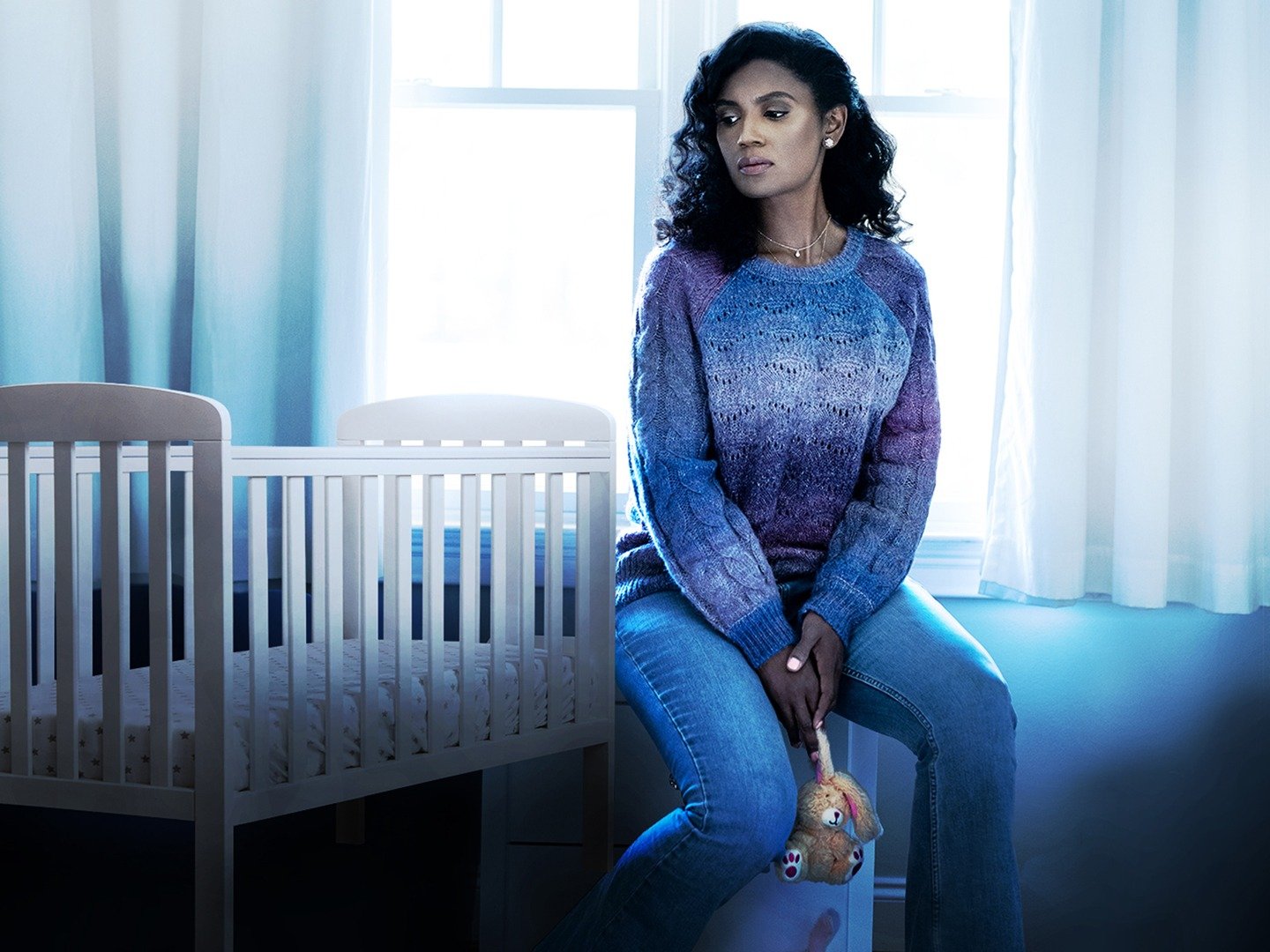FDA Contemplates Banning Hair-Straightening Chemicals: A Victory for Public Health, Particularly Black Women’s Well-being.

The U.S. Food and Drug Administration is contemplating a potential ban on certain hair-straightening chemicals that have long been utilized by Black women and have been associated with an increased risk of uterine cancer, according to research findings.
However, Black hair stylists assert that these products, particularly those containing formaldehyde and formaldehyde-releasing chemicals, are no longer in vogue, particularly among younger generations.
“Relaxers have seen a significant decline in popularity. As we’ve become more aware of the impact of relaxers on our hair and its potential repercussions, people have chosen to transition to a healthier lifestyle,” remarked Kayleigh Butler, a hair stylist in Atlanta who recalls receiving relaxers as early as age 5.
The FDA is currently in the initial stages of the process. The notification of a potential regulation has recently been included in its regulatory agenda. The agency intends to release an advance notice of proposed rulemaking by April 2024, although items can remain on the agenda for an extended period.
This potential regulation would be applicable to both professional salon-grade products and those intended for use at home, according to FDA spokesperson Courtney Rhodes.
Jasmine Garcia, the owner of Jasmine Nicole Xclusives Hair Salon in Atlanta, estimated that less than 5% of her clients, predominantly Black women, express a desire for relaxers. She shared with The Associated Press that one of her clients messaged her upon hearing about the potential ban, questioning, “Of all the things the FDA needs to investigate, why relaxers right now?”
In the earlier part of this year, U.S. Representatives Ayanna Pressley from Massachusetts and Shontel Brown from Ohio called upon the FDA to initiate an inquiry into chemical hair straightening products. Their request was prompted by a study conducted in 2022 by the National Institutes of Health, which established a connection between hair straighteners and a heightened risk of uterine cancer. In a statement released on October 6th, Representative Pressley expressed that the FDA’s potential response represents “a positive outcome for public health, with a particular focus on the well-being of Black women.”
She emphasized, “Irrespective of our chosen hairstyles, it’s essential that we can exist in the world without compromising our health.”
The FDA shared a video on social media on Wednesday, reiterating that no official action has been taken at this point. The agency intends to collaborate with and encourage the cosmetics industry to create alternative hair straightening products.
In a study conducted by Boston University, which was recently published in the journal Environmental Research, researchers monitored a cohort of almost 45,000 Black women for a period of up to 22 years. The majority of these women were regular or frequent users of hair relaxers. Among postmenopausal women, those who used relaxers most frequently exhibited a risk of uterine cancer that was more than 50% higher in comparison to those who rarely or never used such products.
Data from the U.S. Centers for Disease Control and Prevention reveals that Black individuals have the highest mortality rates associated with cancer. Dr. Kimberly Bertrand, one of the authors of the Boston University study, suggested that improved regulation of chemical hair straighteners could potentially alter the risk landscape for Black women.
She added that while FDA action would represent a positive step, it should not narrow its focus solely on formaldehyde.
“I believe it would be crucial to also consider the presence of endocrine disruptors such as phthalates and parabens, as well as the presence of heavy metals,” she remarked. “Eliminating formaldehyde from these products is certainly a positive move, but it may not necessarily render these products completely safe.”
Dr. Yolanda Lenzy, a dermatologist and licensed cosmetologist who co-authored the Boston University study, further noted that there is still some societal pressure on Black women to maintain straight hair, particularly in traditional career fields like law.
Twenty-four states have implemented various laws prohibiting discrimination based on hairstyles. However, Black individuals have still encountered problems, as evidenced by a case in Texas where a high school student faced suspension due to his locs.
“I personally know numerous Black women who have had to make decisions about their appearance in accordance with workplace policies and regulations, often involving the need for their hair to meet certain standards of ‘presentability’,” Lenzy remarked. “But what does that concept truly entail?”



